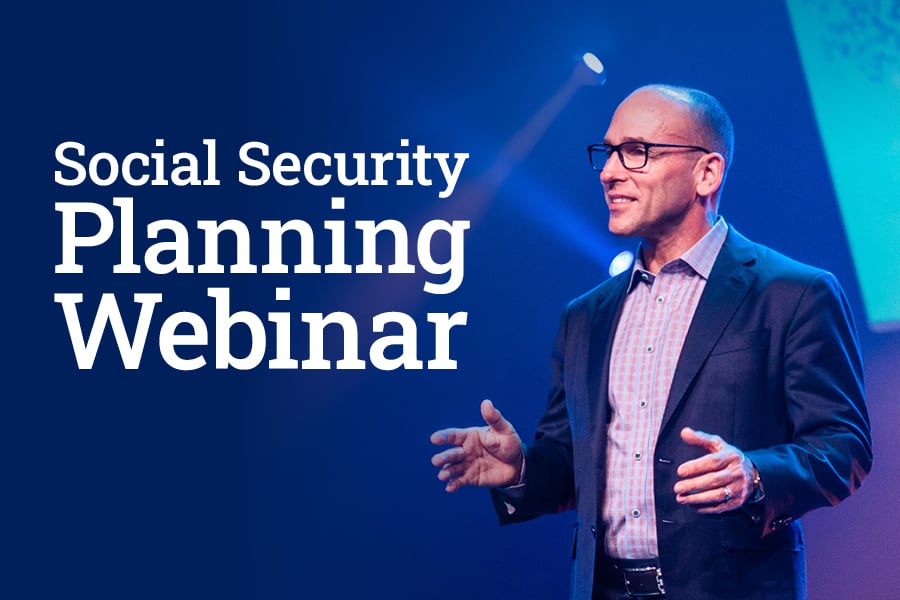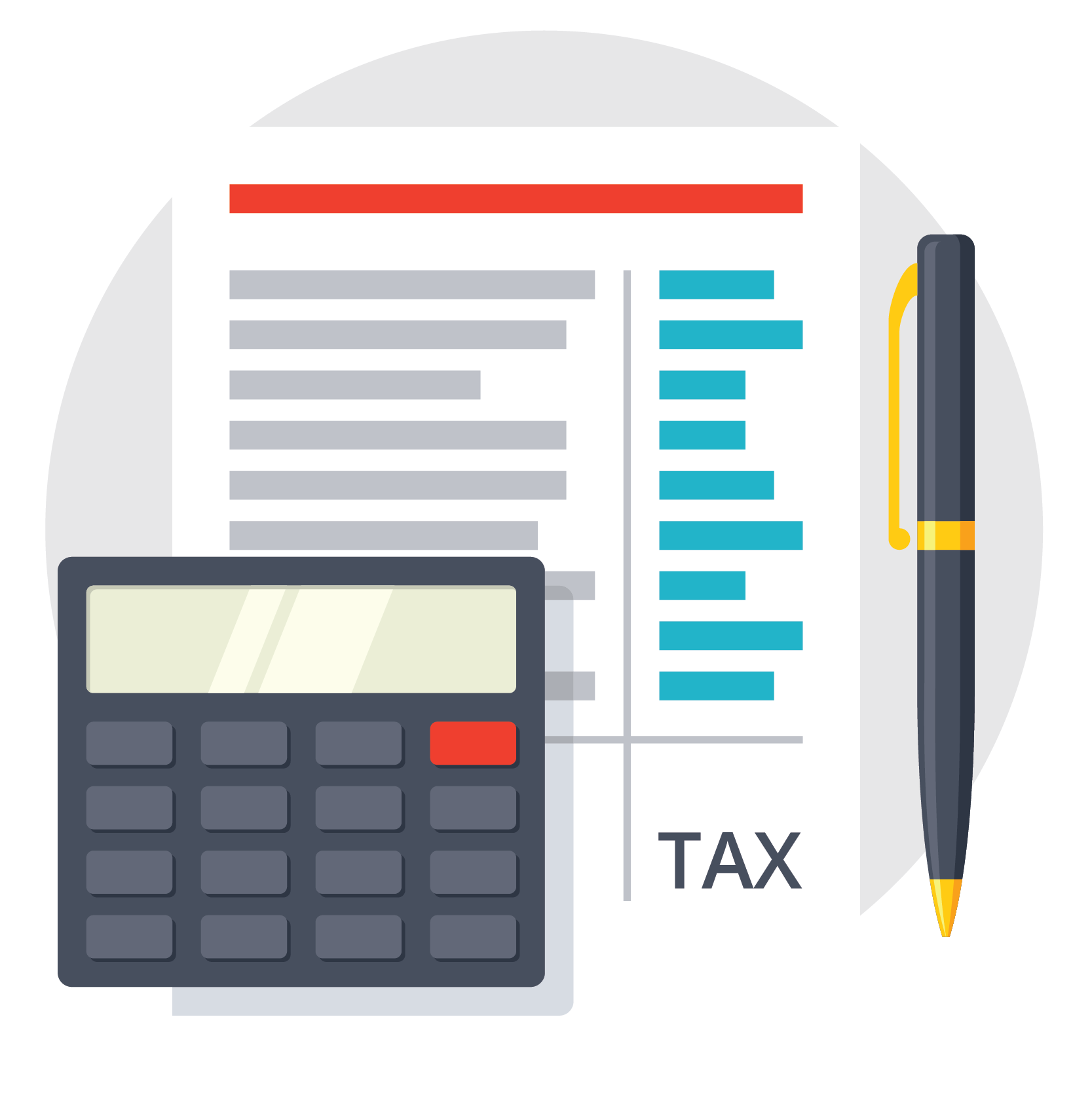Best in Class Advisors
NBRI3
Top 100 RIA Firm
Barron's1
30 Years in Business
19,000+ Clients
4th Fastest Growing RIA
FA Magazine2
$14 Billion
Assets Under Management4
9th in AUM Growth
RIA Channel7
Best Places to Work
InvestmentNews5
97% of Clients Stay With Us2
23,000+ Clients
Best in Class Advisors
NBRI3
Best in Class Ethics
NBRI3
30 Years in Business
$19 billion AUM4
Top 100 RIA Firm
Barron's1
Get to Know Us

30 years ago, Allworth Financial was founded as a clear alternative to the self-motivated, sales-focused advisory model that continues to dominate the industry to this day.
Then, as now, we believed we could do better — because you and your money deserve better. We place the needs of our clients first every single time, because when financial guidance is uncompromised by self-interest or distractions — and our success is dependent on your success — you get more than just advice.
You get a financial ally for life.


Why People Work With Us





The Complete Social Security Planning Webinar

Simplify the facts. Maximize your benefits.
Get Social Security ready! Watch our most popular webinar for free from the comfort of your own home as our experts teach you everything you need to know about when to apply, maximizing your benefits, program taxation, and more!
Just three dates to choose from — April 24th, 25th, or the 27th — so register for free today.

How Can We Help You?

Retirement Planning
We provide you with comprehensive retirement planning guidance that helps you achieve a sense of prosperity.
Social Security
Social Security advice to help you receive the maximum benefit amount and blend your other income to lower your tax burden.

Income Planning
Create a comprehensive income plan that enables you to comfortably live off the interest of your investments.

Tax Optimization
Just as important as a great investment portfolio, forward-thinking tax planning can save you tens of thousands of dollars.
Latest Podcast

April 27, 2024 - A condo investment question, a younger father dreaming of an early retirement, and when you might own too much company stock.
On this week’s Money Matters, Scott and Pat help callers with questions about rental property, investing strategies, and diversification.
Join the Money Matters Podcast

Participate in the show! Ask Allworth CEOs Scott Hanson and Pat McClain your financial questions live on-air.
Latest Insights

Helping Early-Career Employees Navigate the Saving Maze
Ways to boost financial confidence and loyalty for Gen Z employees.
After-Tax Investing: Essential Need-to-Knows
These days, pre-tax accounts aren’t your only choice when saving for retirement. So, do you know the differences between other options, like Roth 401(k)s, Roth IRAs, and ‘after-tax’ 401(k) contributions? Allworth co-founder Scott Hanson outlines the must-know basics of these powerful savings vehicles.
What to do when a spouse passes away
There are few things as life-altering as losing a spouse. But unfortunately, as you grieve, the outside world doesn’t stand still. And that means decisions need to be made. Allworth co-founder Scott Hanson shares a few essential financial must-dos for the surviving partner.






